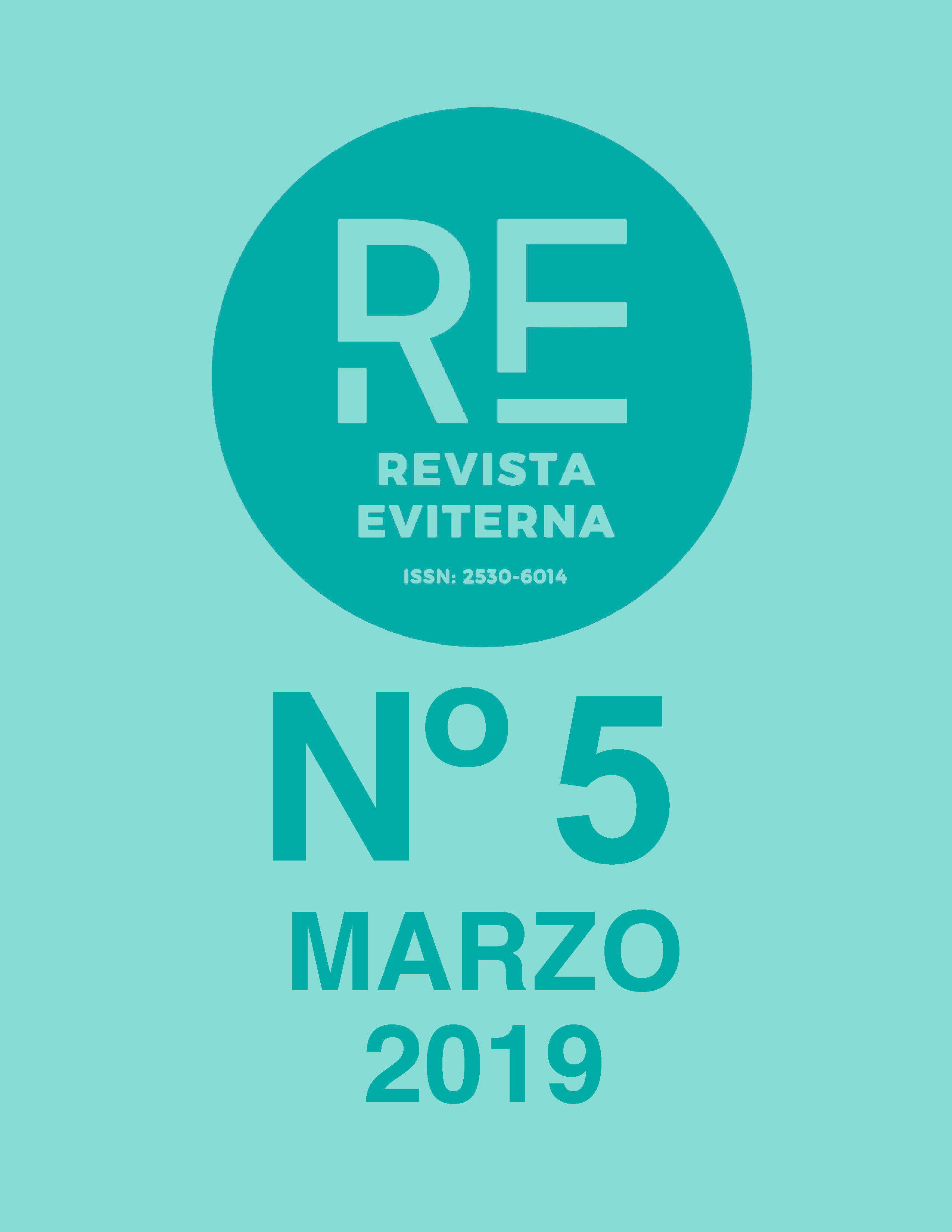The tribunal of the Inquisition of Barcelona in the sixteenth century
DOI:
https://doi.org/10.24310/Eviternare.v0i5.8094Keywords:
Inquisition; Barcelona; XVI C.; Cortés de Monzón; Fernando de LoacesAbstract
This paper gives a global vision about Tribunal of Inquisition in Barcelona, XVI c. as it is explained by primary and secondary sources. It is explained special features of Inquisition in Barcelona in s. XVI under Fernando de Loaces and the demands to the Cortes in 1510, 1512 and 1515-1516. It is showed main crimes committed, process and punishments applied
Downloads
Metrics
Publication Facts
Reviewer profiles N/A
Author statements
Indexed in
-
—
- Academic society
- N/A
- Publisher
- Universidad de Málaga
References
/1C XVIII_6.1_1510 Memorial de 1510. Fondo. AHCB1-002/CCAM Consell de la Ciutat i Ajuntament Modern. Memorial de 1510.
/1C XVII_6.2 Disposicions i reglaments_1512-1514 Fondo. AHCB1-002/CCAM Consell de la Ciutat i Ajuntament Modern. Reglamento y disposiciones aprobadas por la Reina que constituirán las bases del ordenamiento del Tribunal de Barcelona.
/1C XVIII_6.1_1512-1515. Fondo. AHCB1-002/CCAM Consell de la Ciutat i Ajuntament Modern. Memorial de 1512 en el que se recogen nuevas quejas que son repetición de las anteriores que muestran que no se cumplen las demandas solicitadas.
AHCB4-236/C06-Ms.B Manuscrits B (Ms.B).Tractado O Relacion de las Cosas de Hecho Y Desputas de Derecho Que Passaron Entre los Inquisidores de Cathaluña Y los Diputados de Aquel Principado Sobre Sus Pretensiones Y Competencia de Jurisdiccion. 1566-1568 (1); Discurso de la Capitania General Y Estado del Principado de Catalunya Dirigido a Don Diego Hurtado de Mendoza Y de la Cerda, Principe de Melito, Duque de Francherilo, Presidente del Consejo de Italia Y del Consejo de Estado Lugarteniente Y Capitan General de Su Magestad en Dicho Principado, Po Rafael Juan Torroella, Doctor del Real Consejo de Su Magestad de Dicho Principado (1520-1523)»
AYLLON, Fernando(2019) http://www.ambito-juridico.com.br/site/index.php?n_link=revista_artigos_leitura&artigo_id=4456Ambito jurídico
BADA, Joan (1992) “El Tribunal De Barcelona, ¿Un Tribunal Peculiar?” Revista De La Inquisición, 2: 109-120
BLÁZQUEZ, José Luis (1990) La Inquisición En Cataluña. El Tribunal Del Santo Oficio En Barcelona,Toledo.
BLÁZQUEZ, José Luis (1990) “Catálogo De Los Procesos Inquisitoriales Del Santo Oficio Del Tribunal De Barcelona”. Espacio, Tiempo Y Forma, Serie Iv. Historia Moderna, 3: 11-158.
CANDELA, Bibiana (2015) Práctica del procedimiento jurídico para inquisidores. Tesis Doctoral, Alicante.
COMELLA, Beatriz. (2004) La Inquisición Española. Madrid: Rialp.
ESCUDERO, José Antonio (2005) Intolerancia e inquisición. Madrid: Sociedad Estatal de Conmemoraciones Culturales, D.L.
KAMEN, Henry (1992) La Inquisición española. Crítica.
KNUTSEN, Gunnar. (2008) “El Santo Oficio de la Inquisición en Barcelona y soldados protestantes en el ejército de Cataluña”. Estudis, 34: 173-188.
MAYORAL, Rubén (2002) “Los Orígenes Del Tribunal De Barcelona. Los Inquisidores Del Santo Oficio Catalán En El Siglo Xvi”. Espacios De Poder: Cortes, Ciudades Y Villas (S. Xvi- Xviii), 2: 385-422.
MORENO, Doris (1998) “La Inquisición vista desde dentro: La visita del licenciado Cervantes al Tribunal del Santo Oficio en Barcelona”. Historia social, 32, 1998, págs. 75-95.
MUÑOZ, Joan Hilari (2009) “Un cas de bandositat eclesiàstica a la Tortosa del Renaixement: el pla de segrest del bisbe Ferran de Loaces pel canonge Tomàs Costa l'any 1557”. Recerca,13, págs. 237-264.
PÉREZ. Joseph (2009) Breve Historia De La Inquisición En España. Barcelona: Crítica.
Downloads
Published
How to Cite
Issue
Section
License
All the contents published in Revista Eviterna are subject to the Creative Commons Reconocimento-NoComercia-Compartirigual 4.0 license, the full text of which can be found at <http://creativecommons.org/licenses/by-nc-sa/4.0>
They may be copied, used, disseminated, transmitted and publicly exposed, provided that:
The authorship and original source of your publication (Journal, editorial and URL of the work) are cited.
They are not used for commercial purposes.
The existence and specifications of this use license are mentioned.

Copyright is of two kinds: moral rights and patrimonial rights. Moral rights are perpetual, inalienable, inalienable, inalienable, inalienable and imprescriptible prerogatives.
In accordance with copyright legislation, Revista Eviterna recognizes and respects the moral rights of the authors, as well as the ownership of the economic right, which will be transferred to the University of Malaga for dissemination in open access.
The economic rights refer to the benefits obtained by the use or disclosure of the works. Revista Eviterna is published in open access and is exclusively authorized to carry out or authorize by any means the use, distribution, disclosure, reproduction, adaptation, translation or transformation of the work.
It is the responsibility of the authors to obtain the necessary permissions of the images that are subject to copyright.







12.png)



